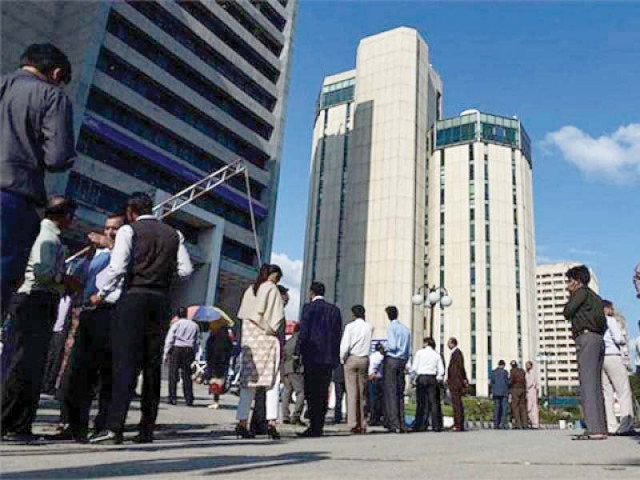U-turn: Multinationals face hurdles in profit repatriation: OICCI
Body’s chief says restrictions on sending profits overseas will hurt country’s image

The OICCI demanded that the corporate income tax should be reduced to 25% to align it with regional countries. PHOTO: FILE
The complaint from the OICCI - a representative body of multinational companies working in Pakistan - about unannounced restrictions on profit repatriation exacerbates the problem Pakistan is facing due to a steep fall in official foreign currency reserves.
“If the repatriation of profits stops, it will hurt the image of Pakistan,” cautioned Bruno Olierhoek, OICCI President, while addressing a press conference.
He said foreign investors were already facing serious problems due to an unfair tax system and blocking of tax refunds by the Federal Board of Revenue (FBR).
Over the last at least six months, OICCI members had complained about delays, sometimes of months, in profit repatriation, said Olierhoek.
Responding to a question, he said the government had not changed the specific law to formally place restrictions, but foreign transactions were being delayed for months.
Liberal profit repatriation used to be a big plus point of brand Pakistan and any change would hurt image of the country, said Olierhoek.
In the first eight months of the current fiscal year, profit repatriation by multinational firms jumped almost one-fifth to $1.5 billion, according to the State Bank of Pakistan.
This came at a time when the central bank’s gross official reserves dropped over one-fourth to $11.4 billion due to a yawning current account deficit.
“The tax refund situation has further deteriorated in the past two years and we do not have a schedule when the FBR will return our money,” said Olierhoek.
He said two years ago the security situation was the biggest concern for the foreign investors. Today, “it is taxation that has emerged as the single biggest concern expressed by the multinational companies.”
Owing to the improvement in law and order situation, he said, security was now the third main concern.
Policy implementation has become the second most worrisome aspect for the foreign investors, climbing from fourth spot two years ago.
The OICCI called for framing predictable tax policies and sought removal of super tax and restoration of the group tax relief.
Four years ago, former finance minister Ishaq Dar had assured businessmen that the super tax was levied for one year only to raise funds for the security forces, recalled Irfan Wahab, member of the OICCI taxation committee.
He pointed out that Pakistan was the second heavily taxed country in the world as the corporate tax rate was as high as 38%.
Overall tax rate for the corporate sector went up to 47%, which was unsustainable, said Wahab.
The OICCI demanded that the corporate income tax should be reduced to 25% in order to align it with regional countries. It suggested a uniform sales tax across the Pakistan at 13% initially, as in Sindh, and then to 10% in line with the average rate in the region.
It called for removing conditions like tax on undistributed profits and tax on bonus shares. The foreign investors also sought the abolition of minimum tax and the alternative tax regime.
They demanded the withdrawal of regulatory duty, but OICCI Secretary General Abdul Aleem said the body had no plan to go to the World Trade Organisation against Pakistan’s decision.
The OICCI stressed better coordination among federal and provincial agencies as overlapping of policies had started hurting the food and pharmaceutical sectors.
Aleem was of the view that the Financial Action Task Force’s decision to place Pakistan on the grey list of countries sponsoring financial terrorism could affect foreign investment.
But he emphasised that any single act on the political front could not be seen as damaging for the economy as the foreign investors often took a long-term view of the economy.
Pakistan’s 147th ranking on the Ease of Doing Business Index over regulations and the budget were the main considerations for a foreign investor, said the secretary general.
Published in The Express Tribune, April 18th, 2018.
Like Business on Facebook, follow @TribuneBiz on Twitter to stay informed and join in the conversation.



















COMMENTS
Comments are moderated and generally will be posted if they are on-topic and not abusive.
For more information, please see our Comments FAQ